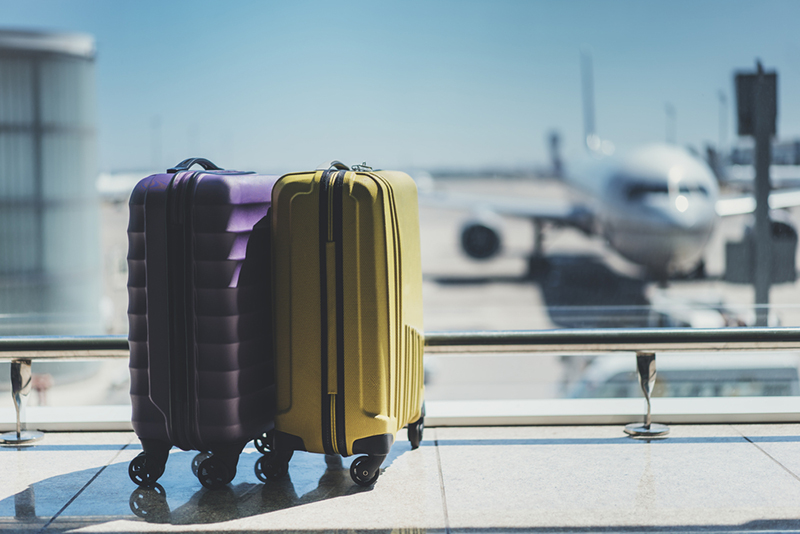When you travel overseas, the last thing you want is to have to bunker down in a hotel room, sick, and unable to find a doctor you can trust (or speaks the same language). A travel first aid kit is one of the most important items you can pack.
Simple things like a change in weather or unfamiliar food can become a catalyst for illness so it’s important to speak with a GP or travel doctor before catching your flight.
Your doctor will advise you if the country you’re travelling to requires any special vaccinations or medications. But if sickness does unfortunately strike when you’re overseas, you’ll be glad to have your travel first aid kit in your suitcase.
Essential travel first aid kit items:
Paracetamol
This is relatively easy to find overseas, so you don’t need to bring a huge supply, but do make sure you have at least a couple of tablets in your day pack for when you get a splitting headache on a long bus ride.
Antihistamine
if you’re prone to hayfever or allergies, you’re probably used to carrying this around with you, but even if you don’t normally need it, the change in weather, dusty roads or even allergic reactions to insect bites can be treated with one tablet. Although antihistamines can’t cure these conditions, they can provide much-needed relief from the symptoms.
Anti-nausea tablets
These little pills will be a godsend when you’re struck down with a bad case of food poisoning. But they also work wonders when you learn the hard way that you suffer from seasickness or when one too many tight corners on a windy mountain road leaves you feeling queasy.
Anti-diarrhea medication
If you’re unlucky enough to get diarrhea just hours before you’re supposed to be on an expensive flight or overnight bus ride, these can keep things under control long enough to reach the next bathroom. If you’re the kind of person that loves trying local street food, don’t leave home without them!
Mild laxative
If the change in cuisine has the opposite effect, a mild laxative can ease the discomfort. You can also try one of the many natural remedies available from pharmacies or health food stores.
Rehydration tablets
If you do fall ill with vomiting or diarrhea there’s a risk that you might become dehydrated quite quickly. It’s important to sip small amounts of fluid until you are able to keep large amounts down. Rehydration tablets can be added to water to help you replace lost electrolytes and stave of dehydration.
Band-aids
You should be able to buy these most places overseas but it’s important to have a couple in your bag for when you need them. They’re not only for cuts and grazes, they’re also extremely useful when your new hiking boots give you blisters or after a long day exploring a new city by foot.
Hand sanitizer
Buy a reputable brand before you leave Australia and be sure to keep it in an easily accessible place. Some travellers even keep them in rubber holders clipped to the outside of their bag for easy access. You can buy these overseas, but the ones from known brands guarantee to kill 99.9 per cent of bacteria and germs.
Prescription medication
Be sure you’ve got enough to last you through your entire trip and a copy of the original prescription and a letter from your doctor or pharmacist for customs officials. It’s best to check the rules for each country you’re visiting.
It’s important to take medication with you rather than trying to get a prescription on the road. There may be language barriers or restrictions on prescribing medications to first-time patients. Take particular care when carrying injectable or controlled medication.
Tweezers/nail clippers
Did you know extremely cold weather can make your fingernails brittle and prone to breaking? And it’s amazing how much pain a tiny splinter can cause. These everyday tools are essential travel first aid companions.
Finally, keep a copy of your travel insurance policy details handy, including their emergency contact numbers as you may not have access to the internet in an emergency. Also, try to find a quick reference first aid pamphlet; these often come with first aid kits and can also be found online.
A travel first aid kit is an essential item you should be carrying with you. Just remember you don’t need a lifetime supply of everything, only pack what you will most likely need.





